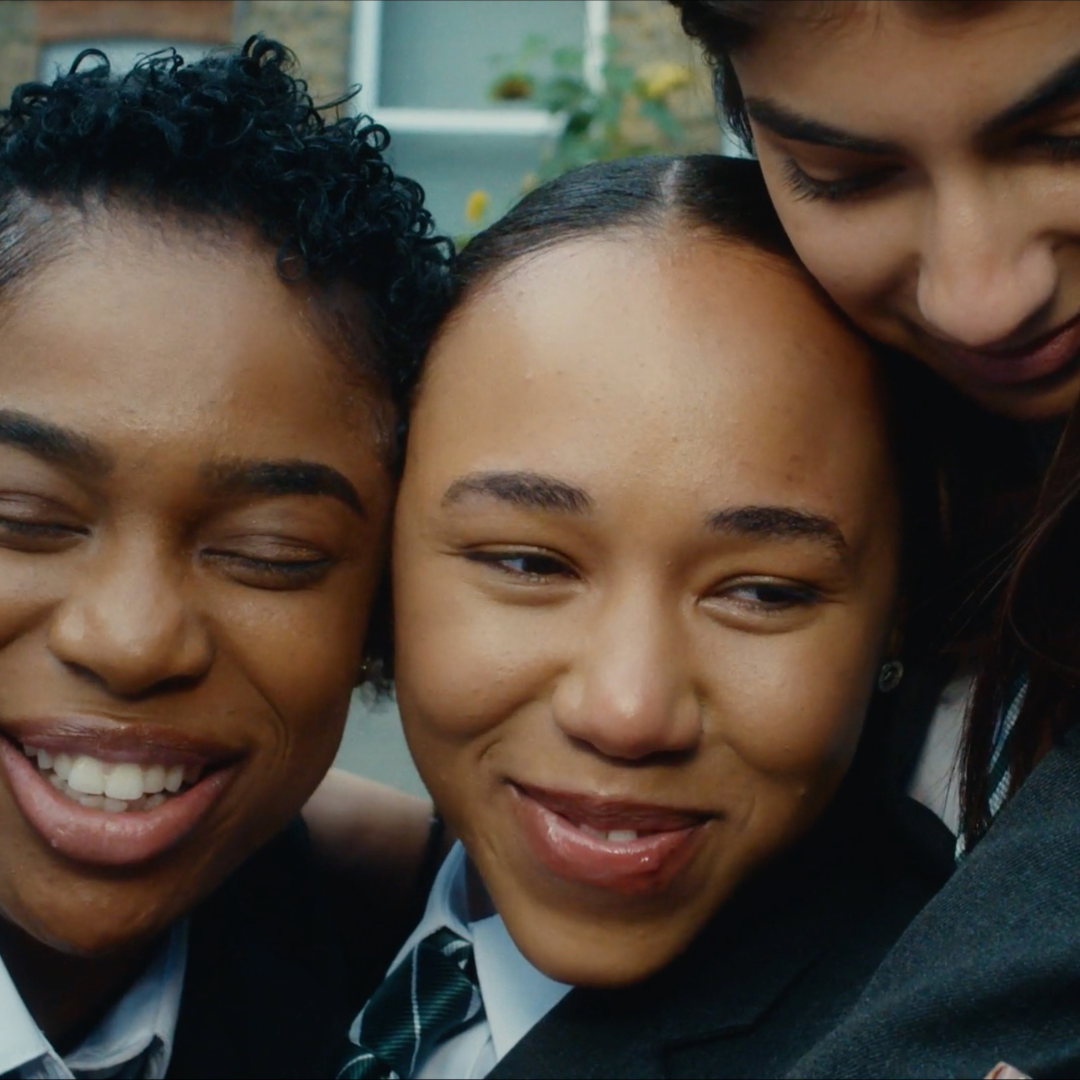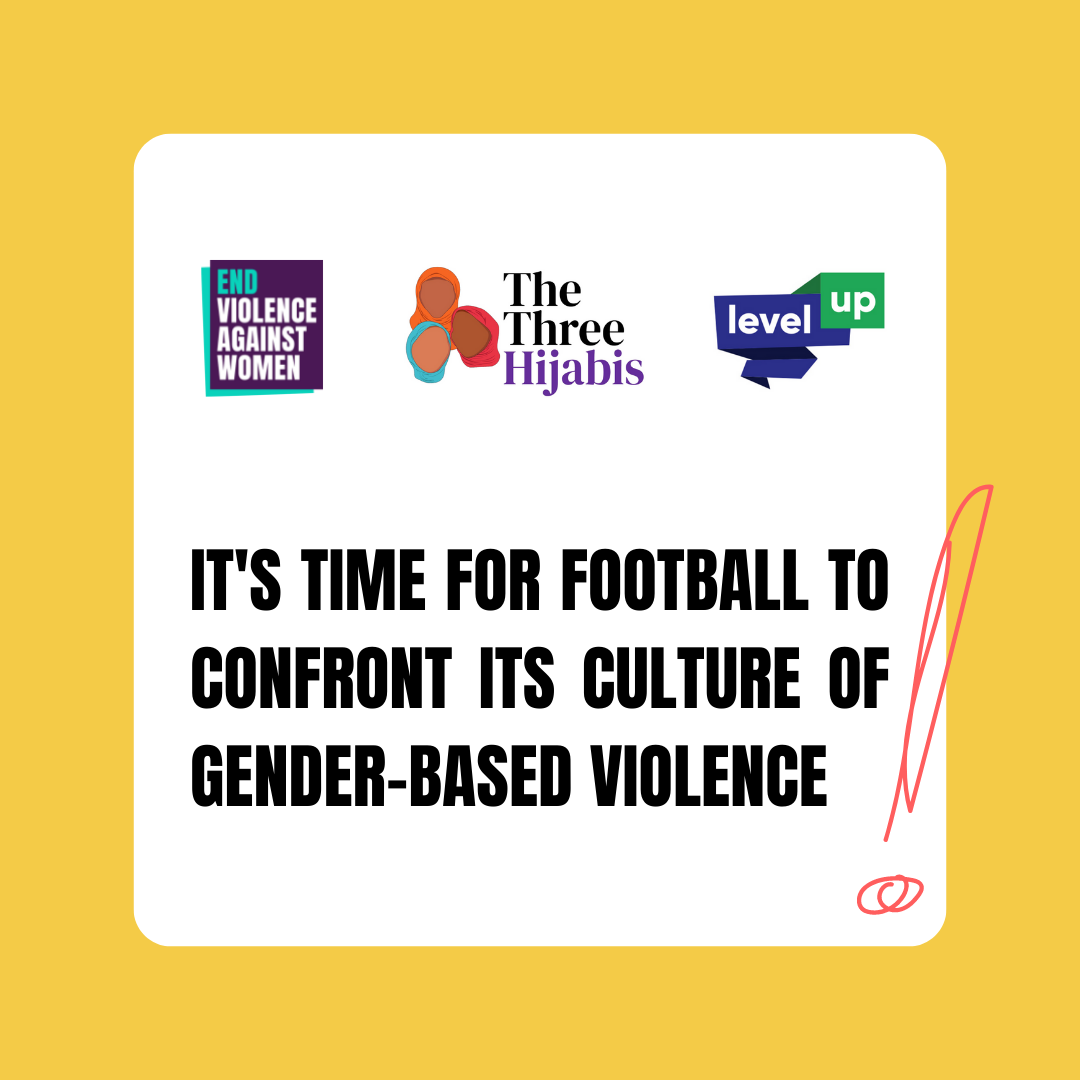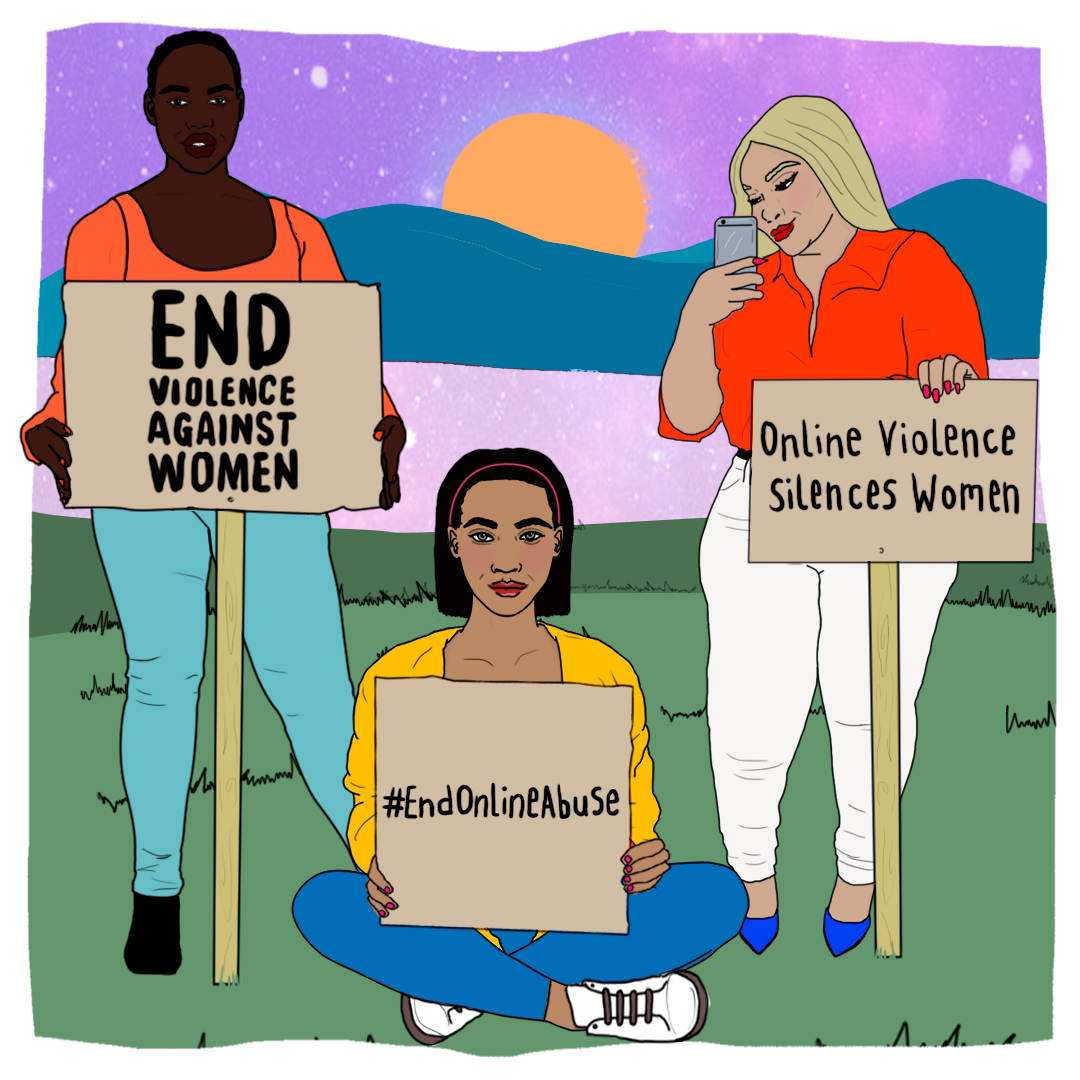
The government is pushing through new laws that threaten our fundamental human rights. Join us in defending our Human Rights Act and resisting the Public Order Act, the Policing Act, the Nationality and Borders Act and the Illegal Migration Act.
Updates
- July 28, 2023Last week (20th July 2023), the government’s anti-migrant Illegal Migration Bill passed as an Act of Parliament. The End Violence Against Women Coalit...
- July 24, 2023The End Violence Against Women Coalition has collaborated with HOPE not hate, a leading organisation exposing and opposing far-right extremism, to pro...
- April 06, 2023Child sexual abuse and exploitation are deeply harmful forms of violence that are disproportionately perpetrated by men and experienced by girls. This...
DOWNLOADS
- READ: Women's rights are human rights: How the Bill of Rights harms the fight to end violence against women
- READ: VAWG sector statement on the Public Order Bill
- READ: Joint briefing for House of Lords ahead of Report Stage of the Police, Crime, Sentencing and Courts Bill: Serious Violence Duty and Serious Violence Reduction Orders
- READ: Joint briefing on the Police Crime Sentencing and Courts Bill for House of Lords Second Reading September 2021
We know that violence against women and girls is not inevitable and a different world is possible – one that upholds the principles of equality and universal human rights. So in the face of the government’s relentless attack on our rights, we won’t back down.
The End Violence Against Women Coalition joined a wide cross-section of society in campaigning against the Policing Act and Nationality and Borders Act. While these deeply harmful and regressive laws were passed, the fight isn’t over and we will continue to resist them.
Now more than ever, our rights are at risk. Join with us and #SaveYourRights.
Human Rights Act
The government plans to scrap our Human Rights Act: landmark legislation that protects our fundamental rights and is often the only legal tool for the public to hold the police and other public bodies to account for serious failings – particularly in relation to sexual violence and domestic abuse.
Plans to replace our Human Rights Act with a so-called ‘Bill of Rights’ has been dubbed the ‘Rights Removal Bill’ because contrary to its name, it would take away our hard won rights to protection and justice.
These plans have been widely condemned across society. Those of us working to end violence against women and girls are particularly concerned that scrapping our Human Rights Act would remove victims’ and survivors’ ability to seek justice and accountability for failings by institutions meant to protect them – institutions like the police and local authorities.
A prime example of this is the case of John Worboys, known as ‘the black cab rapist’, who was able to rape over 100 women with impunity after police failed to take seriously or properly investigate women’s reports of rape.
These systematic failures were exposed by survivors in a legal challenge in which EVAW was an intervenor. The High Court ruled that the victims’ human rights had been breached. The Human Rights Act played an essential role in holding the police to account for these failings.
While the Rights Removal Bill has been temporarily shelved, the government has indicated it plans to rewrite and potentially worsen proposals before reintroducing them to Parliament. Women’s rights are human rights and we will continue to defend our Human Rights Act.
Public Order ACT
The Public Order Act contains a number of alarming measures that were previously proposed as part of the Policing Bill, but were scrapped in the Lords following immense and wide-ranging opposition. The government doubled down on these plans by re-introducing them into the Public Order Act.
In our opposition to the Policing Act, we repeatedly highlighted how attacks on the right to protest and dissent are deeply harmful to women’s rights. The right to protest is a feminist issue, firmly embedded in the struggle for women’s rights and all those fighting for equality.
Throughout history, protest has been central to feminist movements to end violence against women – from demonstrations of the Suffragettes, to anti-racist protests in Southall which led to the birth of EVAW member Southall Black Sisters, to the annual Million Women Rise marches and the vigil held in Clapham Common in 2020 to mourn the murder of Sarah Everard and protest police violence.
The Public Order Act once more hands the police an alarming range of powers which seek to stifle our right to dissent and protest issues such as police failures and state complicity in violence against women and girls. These include:
- Protest banning orders which could include intrusive electronic surveillance of protesters
- Unlimited fines for those carrying items suspected as being for protest
- Further expansion of stop and search, including suspicion-less stop and search, which will increase surveillance and discriminatory treatment of already over-policed Black and minoritised communities
- A new offence of obstructing stop and search
These measures threaten our rights and systematically shut down our ability to hold the powerful to account. We join women’s organisations, people and communities across the country in resisting this raid on our rights!
The Policing Act
The government has used public outrage about violence against women and girls to introduce its regressive Policing Act – a law that increases police powers, diminishes our collective freedoms and deepens inequality.
The Policing Act is an attack on our fundamental human rights – including the right to protest, which is woven into the long and rich history of women’s rights movements and is crucial for social change. The law will have little positive impact on violence against women, as it fails to tackle the root causes of male violence and state violence and prevent abuse. What’s more, increased police powers will worsen racial inequality – through increased police profiling and intrusion into the lives of Black and ethnic minority communities.
The police already abuse their power to commit acts of violence against women and girls, while failing to properly address reports of violence against us. We know that:
- At least 15 serving or former police officers have killed women since 2009
- 2,000 police officers have been accused of sexual misconduct, including rape, over the past four years.
- More than 750 Met Police employees have faced sexual misconduct allegations since 2010, and only 83 were sacked
- Undercover police officers deceived protesters they were spying on into sexual relationships, with the knowledge of senior officers who had a “don’t ask, don’t tell” policy
- One woman a week reports domestic abuse by a police officer and a super-complaint highlighted systemic failures to hold officers accountable
- The police inspectorate found police are failing to use protective measures in domestic abuse and sexual violence cases and called for radical, whole system change in how the police respond to violence against women and girls
- The high court ruled the Met Police had not acted in accordance with the law in their policing of the Sarah Everard vigil
- The Hotton report exposed institutional misogyny and racism in the Met Police
Handing over yet more powers to an institution in such crisis is dangerous for women and girls.
The Nationality and Borders Act
We all have the right to be safe from male violence, no matter where we are from. But the government’s Nationality and Borders Act criminalises women and girls crossing borders to seek safety – many of whom are survivors of some of the worst forms of violence.
This law will leave countless women and girls without safe routes into the UK – leaving them at risk of violence at the hands of smugglers, traffickers and others who may abuse and exploit them. By making it harder to claim international protection, more women will face being locked up in immigration detention where they are vulnerable to abuse, harm and being returned to countries where they are not safe from violence.
The government’s ‘hostile environment’ already stops migrant survivors from accessing public services and puts them at risk of immigration enforcement when they seek help. This leaves thousands of women more afraid of the police than their perpetrators, and trapped in abusive situations. We joined over 50 women’s organisations resisting this devastating law and will continue to resist its implementation.
OTHER CAMPAIGNS




